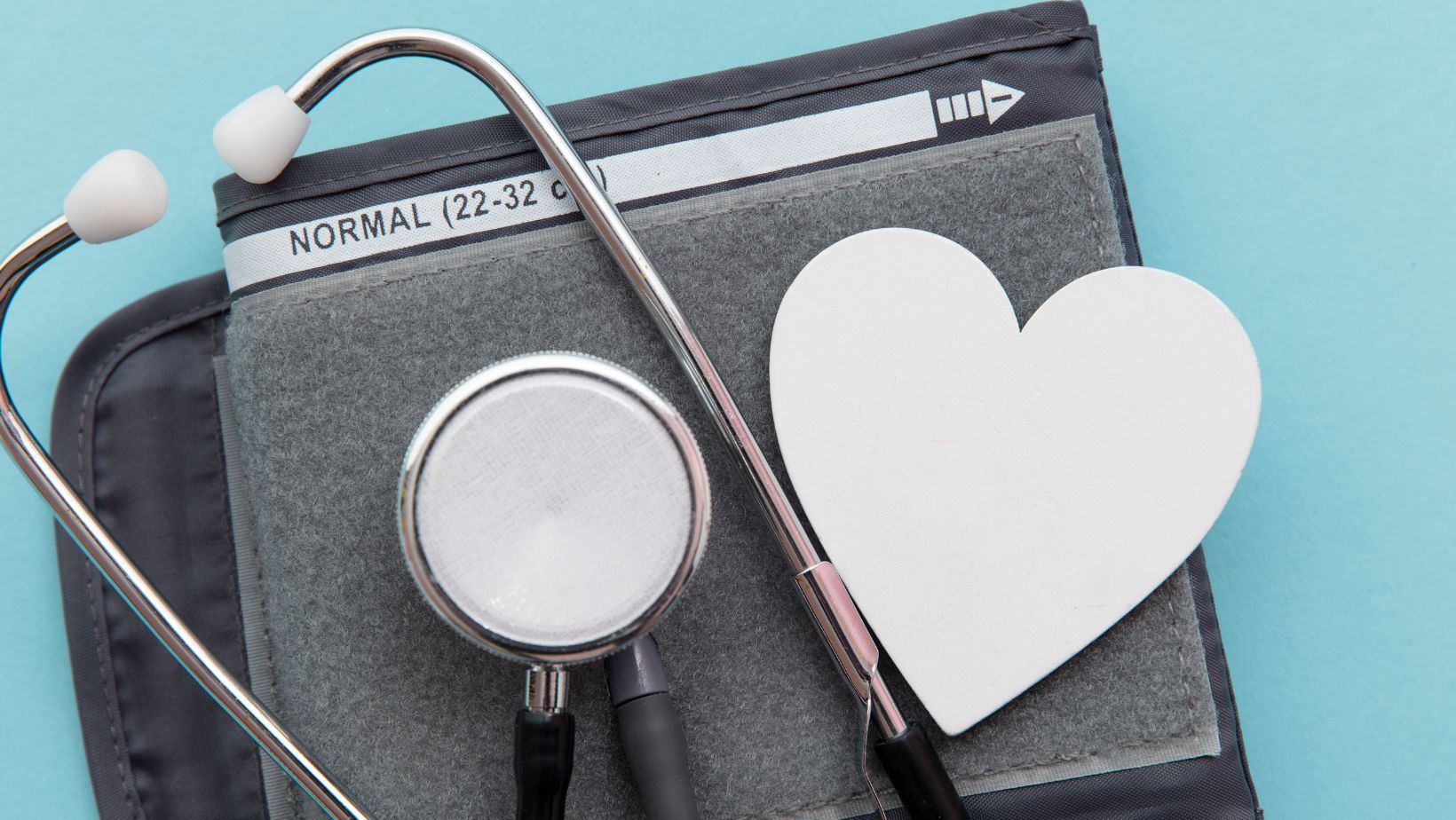Last Updated on August 26, 2024 by Nala Thorpe
The Ideal Practices To Follow When Caring For Your Elderly Parents At Home
The two most important aspects of in-home care for seniors are medication management and health monitoring. Medication management and health condition monitoring may make all the difference in the quality of life for the seniors by ensuring that they remain complication-free and the course of treatment the seniors are put on is adhered to. Following is the ultimate guide to best practices in managing medications and monitoring health right from home.
Organizing Medications
First, create a medication list of all the prescription drugs, over-the-counter drugs, and dietary supplements you take. For each medication, note the name of the drug, the dose, how often taken, and the reason it was prescribed. After you fill out the list, keep updating it and keep it with you as it will prove very useful to the health care providers in emergency conditions.
Create Medication Management
Either invest in a pill organizer or in a medication dispensing system. Pill organizers have compartments designated for a day of the week and time of day. The organizers therefore help ensure that the correct medications are taken at the right time. For improved management, there are electronic medication dispensers that can alert the user when the time to take their medication has come.
Establish a Routine
Keep a log of medications; fit the medication-taking routine into daily routine. Consistency provides the best opportunity that medications will be taken as directed. Set a phone or other device with reminders, or download a medication management app that sends reminders to take medications when it’s time.
Store Medications Properly
This quite often will be stated on the label or in the package insert. Most medications are usually kept at room temperature in a dry place away from direct sunlight. Do not keep medications in the bathroom because the moisture and heat may alter the potency of the drug. Ensure all medications are out of the reach of children and pets.
Check Medications on a Regular Basis
Review medications regularly with a healthcare professional to check how well the drug is working, adjust the dosage and eliminate drugs that are no longer necessary. This type of regular review will also help in spotting possible drug interactions.
Monitoring Health Conditions
This will be possible to be accomplished by frequent checking on the levels of vitals like blood pressure, heart rate, temperature, and so forth that will help in managing the chronic states.
Record measurements in a health journal or app, and regularly share this information with health providers to have changes in the treatment approach.
Manage Chronic Conditions
Those with chronic diseases, such as diabetes or hypertension, will also have special monitoring equipment. Examples are blood glucose meters for diabetes, home blood pressure monitors for hypertension. Follow the directions for use correctly and write down the readings to discuss with health professionals during appointments.
Promote Symptom Tracking
Monitor for new/worsening symptoms and declining health status. This can be done daily by using journals or health apps. There, the symptom record assists in determining periodicity or provoking factors and is useful to health professionals in their judgment about treatment plans.
Follow-Up Checks Should Be Encouraged To Be Done Regularly
It is only by staying close to the medical health providers that one can seek overall health. One is expected to attend all routine physical exams, screening, and other miscellaneous visits as prescribed by the specialist. Routine care is very important in quickly picking out any possible problems and modifying treatment plans.
Use Technology
Leverage technology to track medications and monitor health. There is a wealth of apps and devices that can aid in reminders, tracking health data, and dissemination of educational resources. For example, most medication management apps will send out alerts and provide dosage instructions and details about the functioning of each type of medication.
Home-Based Care Services for Sicknesses
In particular, professional home care services can help people who have complicated health conditions or are recovering after surgery/illness. Dementia home care is possible by skilled nursing people, physical therapists, and personal care aides to manage daily activities and health care. Partner with home care agencies to get qualified professionals involved in providing tailor-made care to people with specific health needs.
Coordinate with Healthcare Providers
In all home care services, open lines of communication should exist with healthcare providers to whom the senior was referred for care supervision. The care team has all the information available on the various health conditions of the patient, the medication regimen, and the various treatment plans. In this case, updating and coordination are done regularly to facilitate smooth service delivery and effective problem-solving.
Even when professional home care services are involved, family members should be actively involved. They should provide emotional support and follow up on the delivered care to ensure that it suits the needs and preferences of the seniors. The family should also make regular follow-ups for assessment of the care plan provided.
Conclusion
The good health and well-being of the elderly being cared for at home will be maintained when their medications and health are well managed. An organized approach to medications and utilizing management systems in maintaining vital signs, including the involvement of health care providers, all ensure that the loved one receives proper care. To this, home care services with more complex health needs can be bolted in to elevate support and hence quality care and quality of life for overall care. For the elderly, effective medication and health management ensure better health and thus lead to a quality life.






